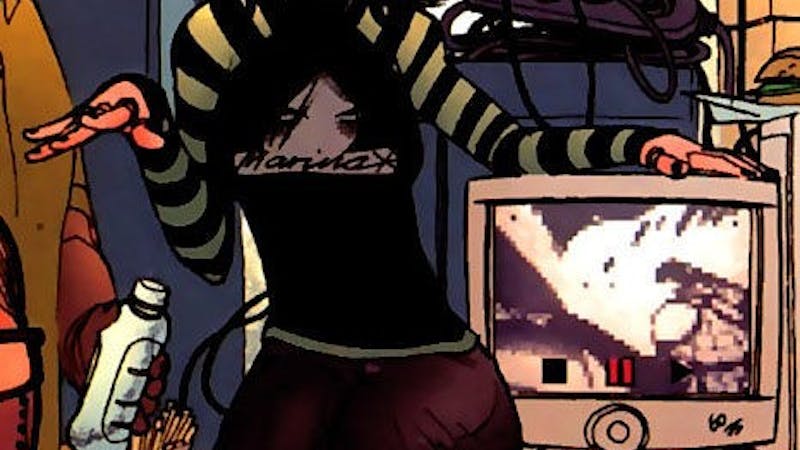
Late field goal gives UTEP win over Rice
Despite 116 receiving yards from redshirt junior wide receiver Zach Wright, the Rice University football team was unable to come up with what would have been a huge victory over the University of Texas, El Paso. Rice lost the contest 24-21 on a last-minute field goal from UTEP junior kicker Jay Mattox.After a scoreless first quarter in which neither offense was able to sustain any rhythm, both teams got rolling in the second quarter, as the Owls struck first on a three-yard touchdown run by senior halfback Luke Turner. Rice, however, was unable to keep the lead. The defense’s propensity to give up big plays at times again surfaced, as UTEP sophomore quarterback Mack Leftwich connected with junior wide receiver Jaquan White on a 58-yard touchdown pass to tie the game at seven.For the remainder of the game, the teams engaged in a back-and-forth affair in which neither team was able to take full control, leading to another nail-biting fourth quarter for the Owls. While the Owls were able to pull out close victories against Florida Atlantic University and the Army with game-winning fourth quarter drives earlier in the season, they found themselves on the opposite end this time around. Leftwich and senior running back Jeremiah Laufusa were able to lead the Miners down the field on what would be the game-winning drive, as Mattox put his team up for good with just 48 seconds left in the game.For the second consecutive game, the Owls’ offense appeared to stagnate due to an inability to run the ball consistently. Despite 31 attempts, the team was only able to muster 90 rushing yards, 53 of which came courtesy of redshirt junior running back Darik Dillard. Head Coach David Bailiff mentioned after last week’s loss to Louisiana Tech University how crucial it is for his offense to run the ball effectively, and that was evident yet again. The Owls were out-possessed for one of the few times this season — holding the ball for only 26:36 — which undoubtedly played a factor in the team’s loss.Bailiff, whose team only had 22 plays in the second half, said the team needs to do a better job of capitalizing on offense.“When you’re playing a team that’s keeping the ball and you’re having trouble stopping them, we’ve got to take advantage of when we had the ball, and we just didn’t do it,” Bailiff said. “We weren’t moving people at the line of scrimmage well. You’ve got to sustain blocks, keep your helmets on people. We’ve got to look at this video and figure out why we’re having trouble establishing the run, because earlier in the year we were good at it.”Redshirt senior quarterback Driphus Jackson shared the same sentiments and said he attributes the loss to a lack of physicality.“We just got outmatched,” Jackson said. “They were more physical than us, they wanted it more than us, and they got it.”Several players lamented how inconsistent the team has been this season, as the most recent loss against UTEP added to an incredibly up-and-down season. While there have been impressive victories over the University of North Texas, Florida Atlantic and Army, there have also been numerous bad losses, such as those to Western Kentucky University, Louisiana Tech University and now, UTEP. Redshirt senior defensive tackle Ross Winship said the team needs to work on fixing these inconsistencies.“Tonight we played really inconsistent football and left a lot of plays on the field, defensively and offensively,” Winship said. “We have to make the plays we have to make to score or have stops in the critical times of the game. The inconsistencies of how we’ve been playing has really been eating us up.”The loss to the Miners eliminated the Owls from contention within the Conference USA West Division, leaving the Louisiana Tech Bulldogs and the University of Southern Mississippi as the remaining contenders. With a Conference USA title therefore out of reach, the Owls will shift their focus to qualifying for a bowl game for the fourth consecutive year. To do so, however, they will need to win two of their final three games, the next of which comes against Southern Mississippi. According to Jackson, it will be challenging road ahead, but one on which the Owls are ready to embark.“We’re just looking forward to getting back to it this week and moving on to Southern Mississippi,” Jackson said.The Owls will look to improve their record to 5-5 and get one win closer to bowl eligibility with a homecoming matchup against the Southern Mississippi Golden Eagles on Nov. 14 at 2:30 p.m. at Rice Stadium.




